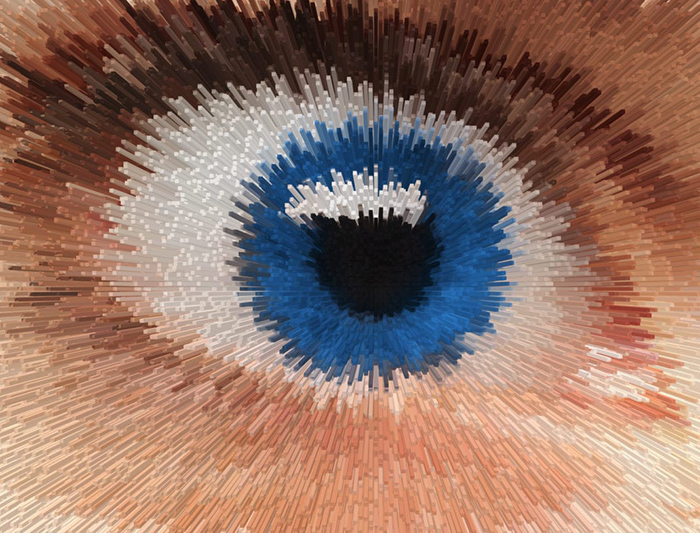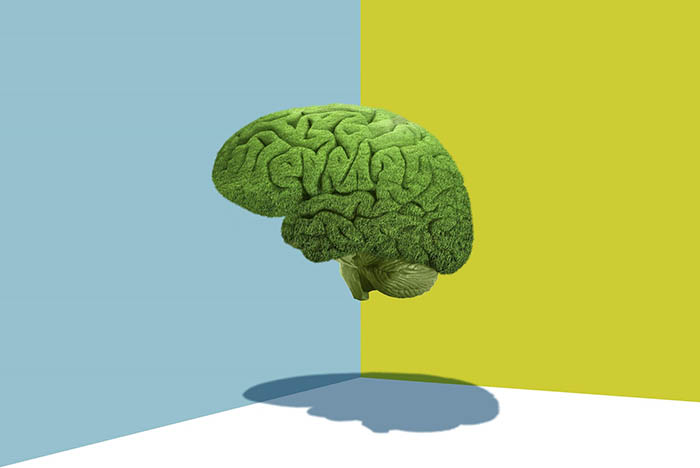What Is Age-related Macular Degeneration?
Age-related macular degeneration (AMD) occurs when part of the retina, the macula, begins to deteriorate. It is the most common cause of low vision and a major cause of partial blindness in adults over 50. The macula is in the center of the retina, so as AMD worsens, patients lose their central vision. This can make it impossible for affected individuals to complete everyday tasks. There are two forms of late AMD: the dry form, accounting for 80-90 percent of affected patients, and the wet form, which affects about 10 percent of patients. Wet AMD is more serious and progresses faster than dry AMD. Patients with advanced AMD, also known as late AMD, are almost entirely reliant on their peripheral vision.
What Causes AMD?
Early-stage AMD results from the eye cells becoming unable to manage inflammation, leading to buildup on the retina. These buildups can damage the macula and lead to dry AMD. In wet AMD, blood vessels form under the retina and leak fluid, interfering with retinal function and distorting vision.
AMD is hereditary, happening most commonly in older white women, so people with a family history have a higher risk of developing the disease. Other risk factors include smoking, obesity, high blood pressure, and lighter eye color.
How Can I Treat AMD?
There is no cure for AMD, but there are some treatments that can slow the condition and slow down vision loss. For early dry AMD, doctors generally prescribe nutritional therapy: a diet high in antioxidants to support the health of the macula. For wet AMD, there are more treatment options, including laser surgery, drug therapy, and injections. As AMD progresses, treatment may also involve finding strategies and devices that help patients adapt to living with AMD, allowing them to continue enjoying hobbies like reading, cooking, or watching TV.
How Can I Prevent AMD?
Changing one’s lifestyle may reduce the risk of early AMD.
- Don’t smoke.
- Consume a low-fat diet.
- Eat plenty of fresh fruits, green leafy vegetables, and nuts.
- Include 2-3 servings fish per week in your diet.
- Exercise regularly (walking, cycling, swimming, etc.).
- Wear sunglasses and/or a hat to protect against chronic sun exposure.
Regular eye exams are the only way to detect AMD. Emory Eye Center physicians can diagnose AMD before patients experience any symptoms. Protect your vision by scheduling an appointment with an Emory Eye Center physician today. Appointments can be made Monday through Friday, 8:00 a.m.-5:00 p.m. (ET), by calling 404-778-2020.
About Emory Eye Center
Emory Eye Center is the largest, most comprehensive eye care facility in Georgia, serving patients for nearly 150 years. It is one of the leading centers for age-related macular degeneration (AMD) research, committed to studying AMD and turning research findings into treatments for patients. Emory Eye Center has a nationally recognized team of physicians and scientists who work closely on the study and treatment of AMD. These physicians work with research scientists with expertise in molecular genetics, immunology, drug delivery, cell biology, ocular pathology, pharmacology, and biochemistry.
About Emory Eye Center’s Low Vision Clinic
Emory Eye Center’s Ned S. Witkin Vision Rehabilitation Service (Low Vision) helps people of any age who are visually impaired and have only partial sight due to cataracts, glaucoma, macular degeneration, retinitis pigmentosa, detached retina, or stroke.
More Resources




